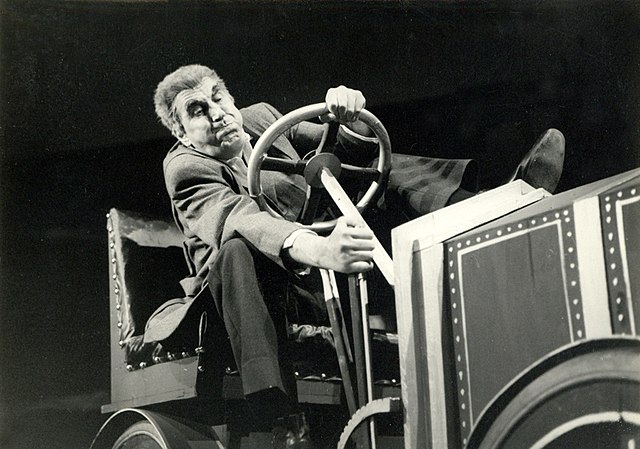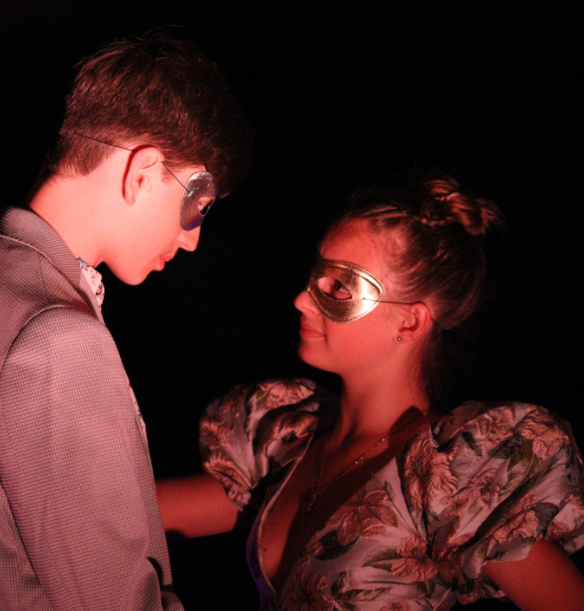
10 Practical Epic Theatre Activities for the Drama Classroom
In this article, we explore practical activities that reflect various conventions of Epic Theatre. These activities are designed to help actors and directors, students and teachers, understand and engage with the unique style and techniques of Epic Theatre, which aim to encourage critical thinking and reflection on social and political issues.
- Alienation exercises: These exercises aim to distance the audience from the emotions of the characters, making them more reflective and analytical. An example activity could be having actors perform a scene in a monotone voice, without any expression or emotion.
- Gestus exercises: Gestus refers to the physical and social gestures used by characters to convey their relationships and positions in society. An activity could involve having actors perform a scene using exaggerated, stylized movements to convey their character’s status.
- Historical reconstruction exercises: These exercises involve recreating a historical event or situation, highlighting the social, economic, and political factors that contributed to it. An activity could involve having actors improvise a scene based on a historical event, but with exaggerated and fictionalized elements to emphasize the underlying social and political forces.
- Direct address exercises: Direct address involves characters breaking the fourth wall and addressing the audience directly. An activity could involve having actors perform a scene in which they regularly stop and speak directly to the audience, explaining their thoughts and motivations.
- Verfremdungseffekt exercises: Verfremdungseffekt, or “alienation effect,” involves techniques that disrupt the audience’s emotional involvement in the performance, encouraging them to remain critical and reflective. An activity could involve having actors perform a scene with intentionally awkward and unnatural blocking or movements, such as walking in slow motion or speaking with robotic movements.
- Brechtian song exercises: Brecht often used songs to break up the action and comment on the events of the play. An activity could involve having actors create and perform original songs that comment on the themes and issues raised in the play.
- Epic acting exercises: Epic acting involves actors using a more physical and presentational style, rather than naturalistic acting. An activity could involve having actors perform a scene using exaggerated physicality, such as using large, sweeping gestures and movements.
- Tableau exercises: Tableau involves creating frozen, still images to represent key moments in the play. An activity could involve having actors create and perform a series of tableaus that tell the story of the play, emphasizing key themes and motifs.
- Documentary theatre exercises: Documentary theatre involves using real-life interviews, documents, and other sources to create a play. An activity could involve having actors research and create a short piece of documentary theatre, using real-life interviews and documents to explore a social or political issue.
- Scene deconstruction exercises: These exercises involve breaking down a scene into its constituent parts (dialogue, blocking, movement, etc.) and analyzing how they contribute to the overall message of the play. An activity could involve having actors work in small groups to analyze and deconstruct a scene from the play, focusing on how each element contributes to the play’s overall message.
Epic Theatre offers a unique and thought-provoking approach to theatre that challenges traditional theatrical conventions. Through its use of alienation techniques, historical reconstruction, and direct address, Epic Theatre provides a powerful tool for exploring social and political issues. By engaging with the practical activities outlined in this article, actors and directors can develop a deeper understanding of Epic Theatre and its conventions, and explore new and exciting ways to engage with their audiences. Ultimately, Epic Theatre encourages us to question our assumptions, challenge the status quo, and strive for a better understanding of the world around us.






